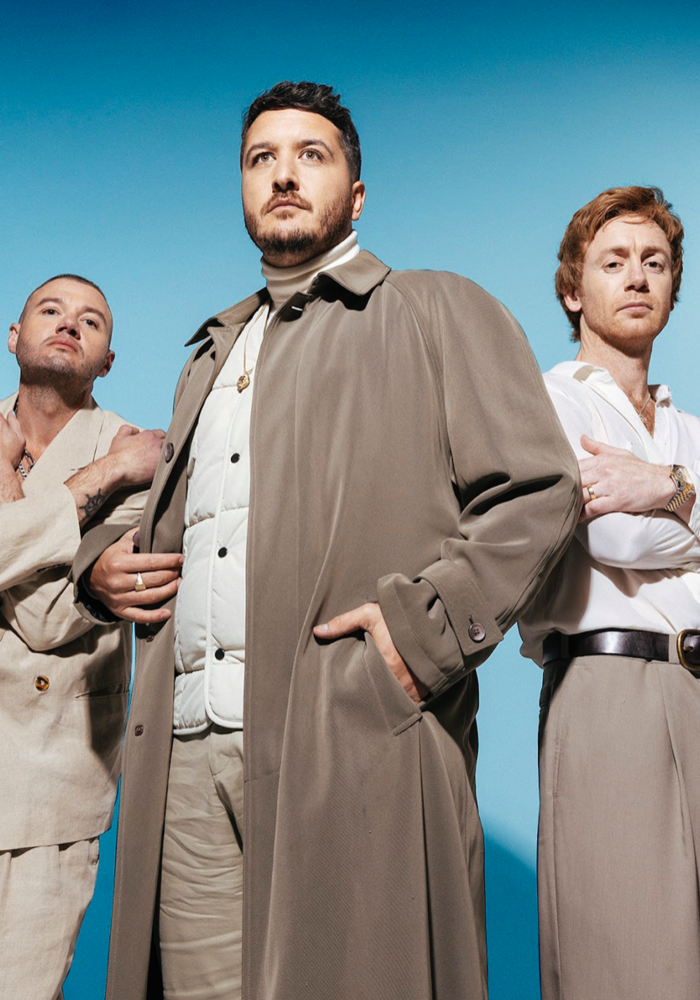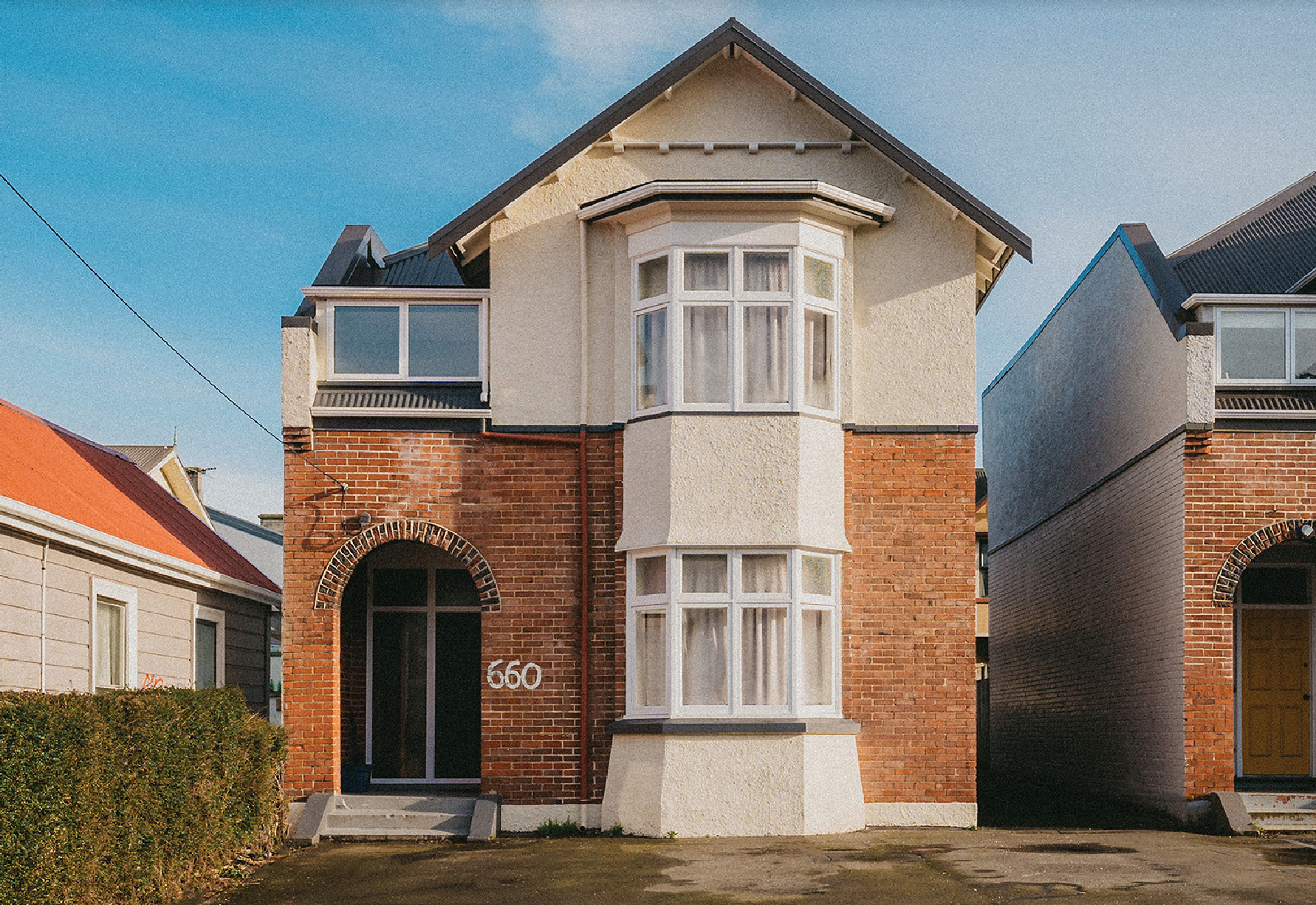SIX60, one of the biggest bands ever to come out of New Zealand, achieved international recognition on a scale they’d never seen before after they became the first band to play stadium shows in front of 50,000-plus crowds since the onset of the pandemic. The gigs inevitably captured the world’s headlines and helped introduce them to a new global audience. Here, the band’s Marlon Gerbes reflects on their newfound fame, the power of those now legendary concerts and how getting stranded in LA during Covid led to the creation of their new album Castle St…
You’ve just arrived in UK. What have you been up to of late?
We’re here in Europe promoting our new album Castle Street. We started off in Amsterdam,, which is one of my favourite cities, then we went to Germany and are finishing here in London.
How does it feel to finally have Castle St. out in the world?
It’s mixed emotions as always after a release. You’re excited, anxious, you don’t know how people are going to take it, especially as we pushed our sound as far as we possible could. The dust hasn’t settled yet. But everything is starting to roll out, we have videos dropping every week on YouTube, we’re kind of at the beginning.
How did this record come together?
The last couple of albums have mostly been done by Matiu [Walters] and myself. We would usually go around the world doing sessions and after a while we’d be ready to record the album. Then we’d go into the studio with the band to record their parts. But this time was very different. We had been searching for a way to challenge ourselves and what really resonated with us for this record was bringing the boys together equally in the room to write, which we haven’t done since the first album. That was a big thing, as we hadn’t written collectively for a couple of years, then the pandemic hit, and at that point we were nearly ready to start recording.
But what ended up happening was that it forced us to accelerate that timeline and forced as to be together. We went to the States during the pandemic when it felt like things were opening up, but then Omicron hit. We went over there for a festival in California, and then we got stuck there for six months. Because of the rules in New Zealand we were stranded, so we decided to throw ourselves into recording this album. It really reminded us of when we were making our first album in the flat in Castle Street, writing in kitchens and lounges. We had an Air B’n’B with all of our families and we just started focusing on making music in a therapeutic way. Then we picked up momentum and the album started fleshing itself out. We connected with the producer who had done our last album, as he was in LA, and Castle St. was born.




